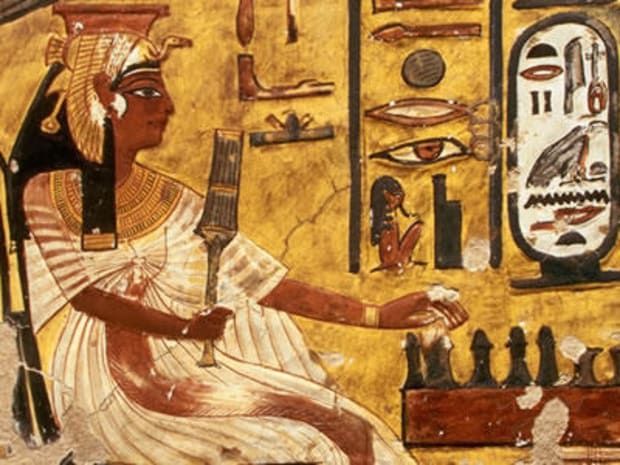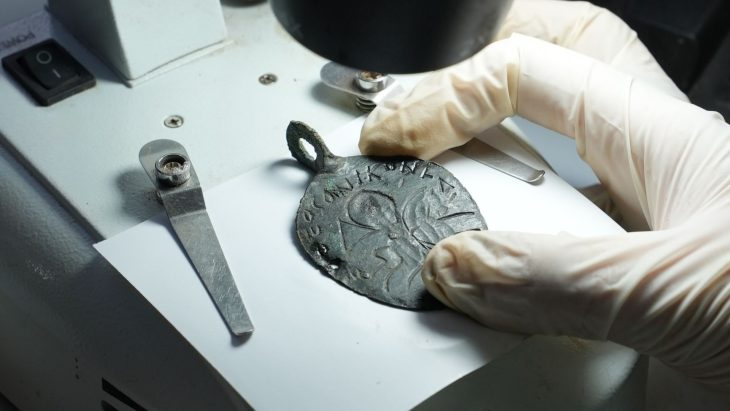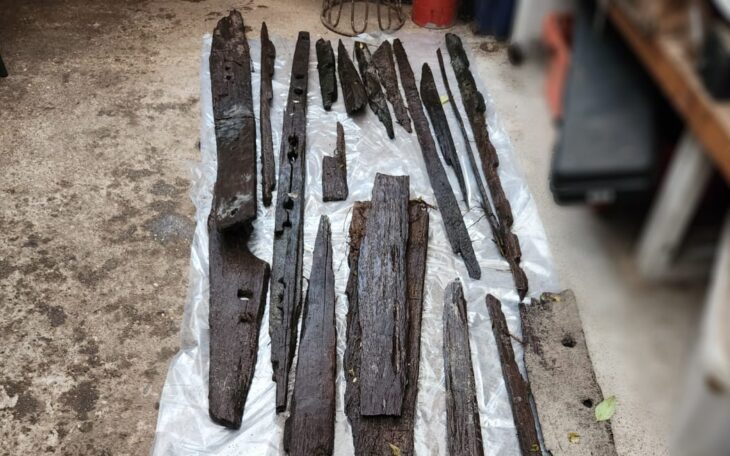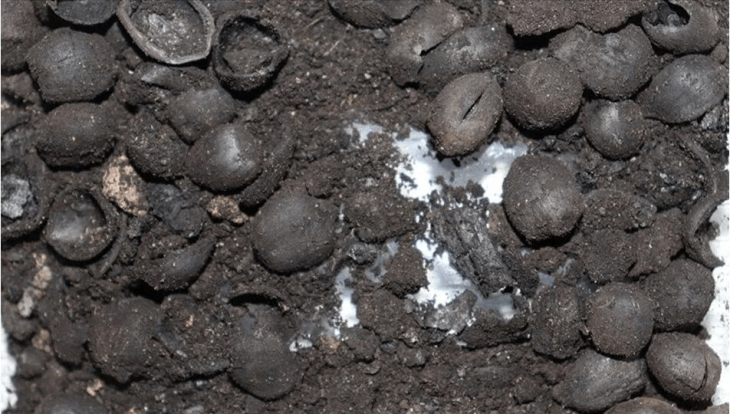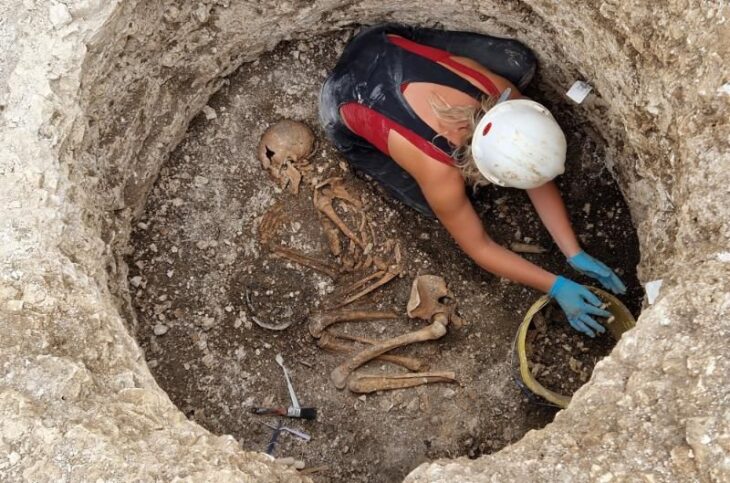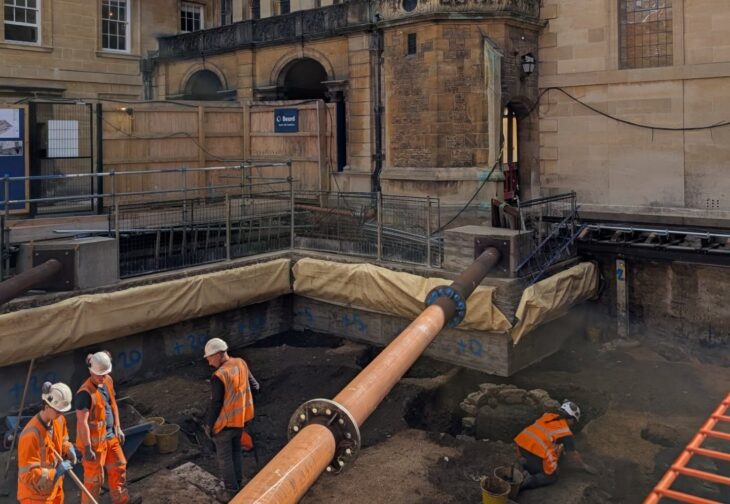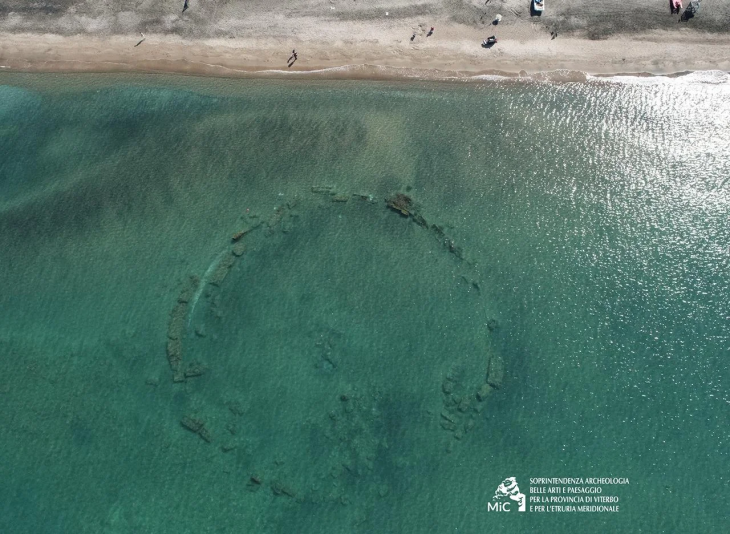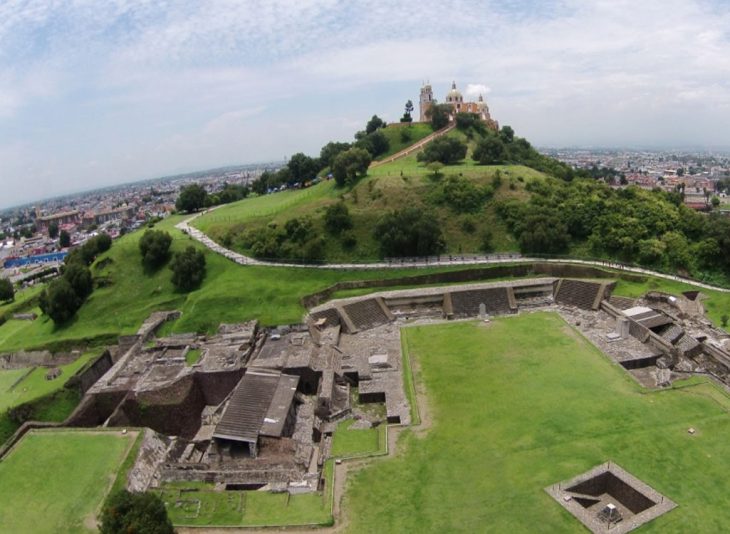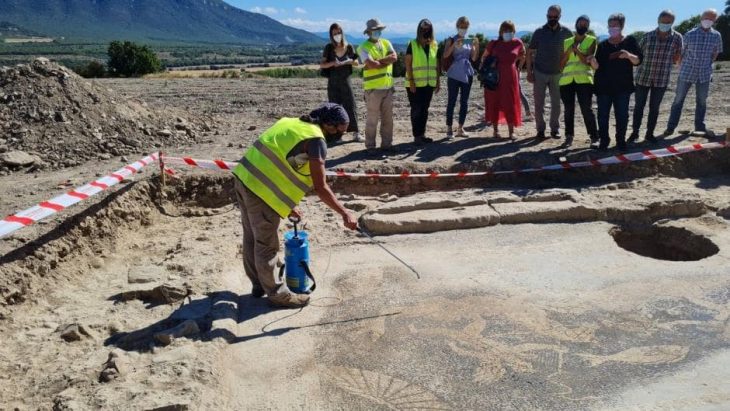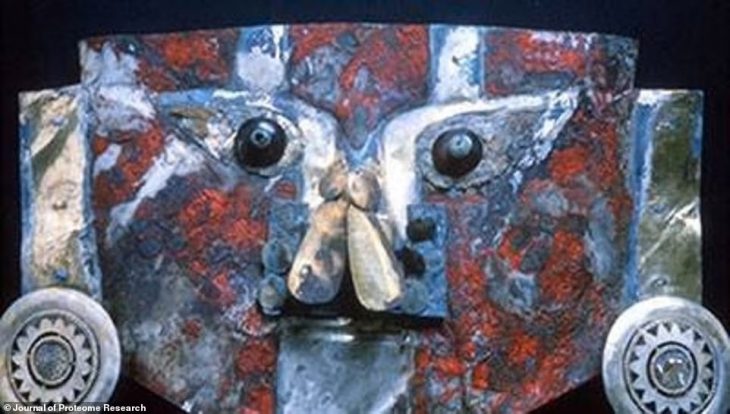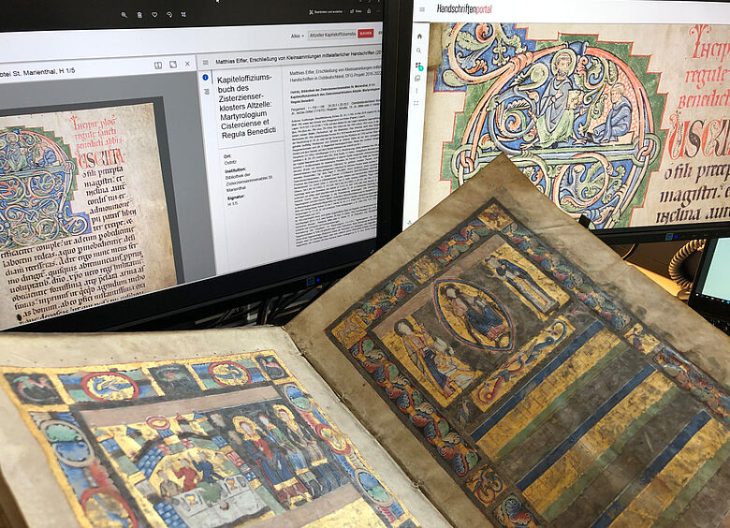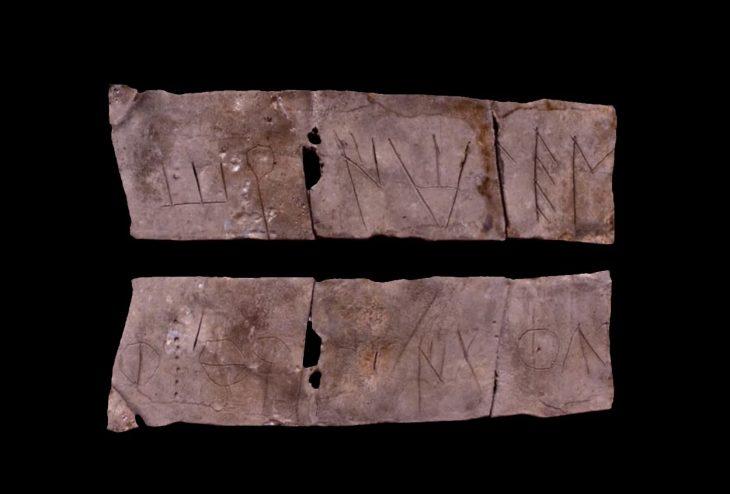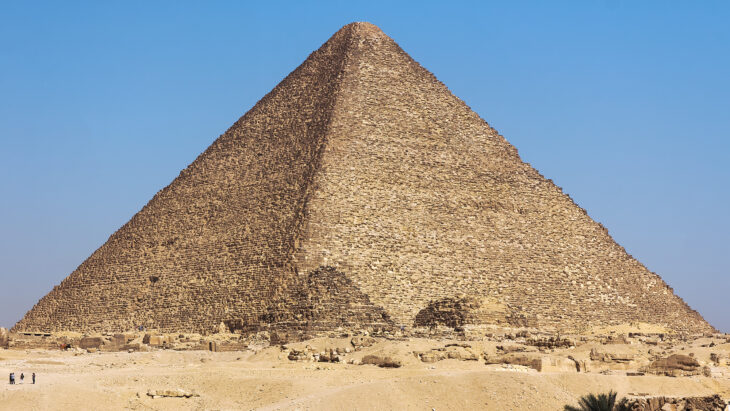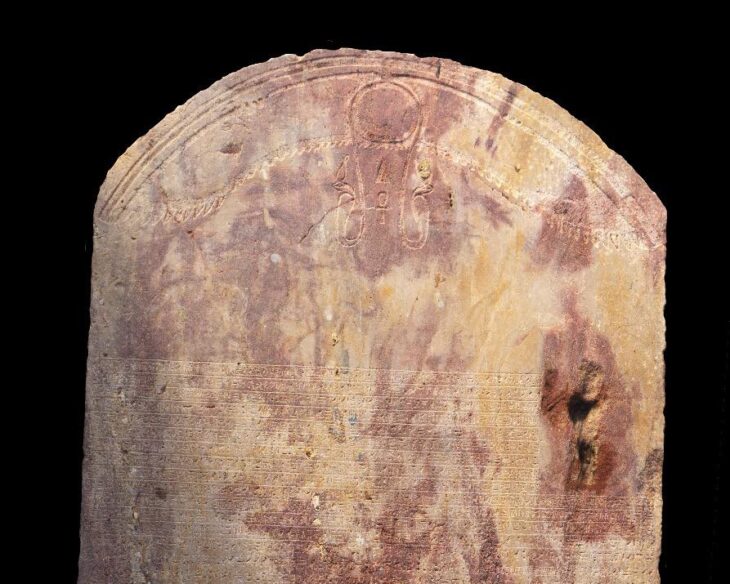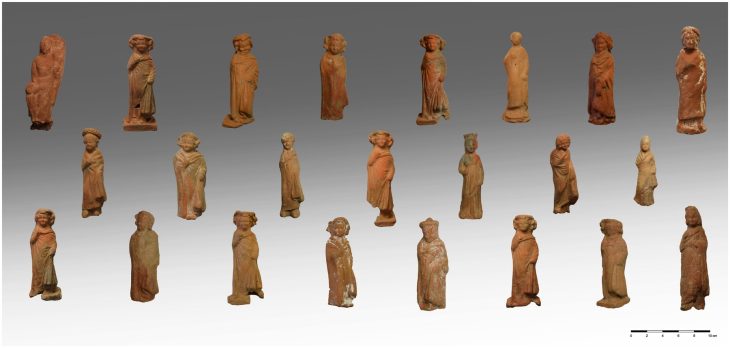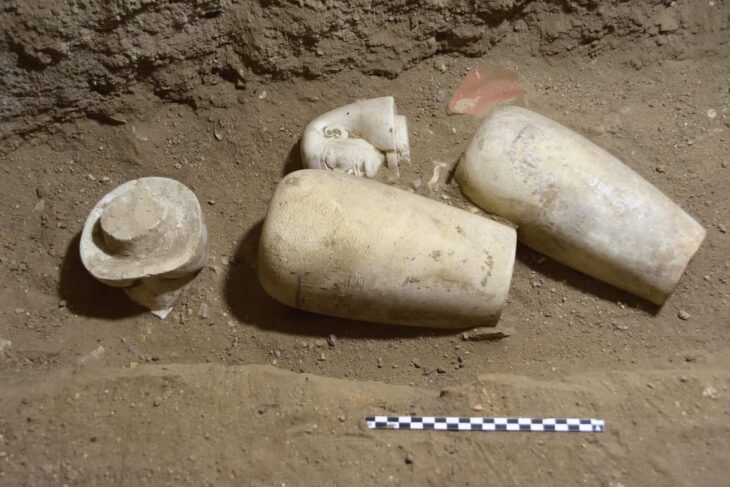On December 9, 2021, Egypt’s archaeological mission, headed by renowned Egyptologist and former Antiquities Minister Zahi Hawass, resumed its search for Queen Nefertiti’s tomb in the west bank of Luxor after years of controversy over her final resting place.
These studies have begun to bear fruit. Famous Egyptologist Zahi Hawass recently stated that he is confident that a mummy he is currently studying is that of Queen Nefertiti.
In an interview with El Independiente, Zahi Hawass assures that he is very close to answering some unknowns. “I’m sure I’ll reveal Nefertiti’s mummy in a month or two,” Hawass told.
The renowned archaeologist is presently in Madrid these days and presents a long-awaited lecture on women in Egypt under the pharaohs this Tuesday within the framework of ‘Daughters of the Nile’, an exhibition that brings together 300 objects from a dozen countries.
Nefertiti, whose full name was Neferneferuaten Nefertiti, lived between roughly 1370 and 1330 BC. Queen Nefertiti is King Akhenaten’s beautiful and astute wife. She backed him wholeheartedly and was one of the strongest supporters of his new religious call to worship the new god Aten. She was the lady of the Amarna period and one of the most famous queens of ancient Egypt.
📣 Our WhatsApp channel is now LIVE! Stay up-to-date with the latest news and updates, just click here to follow us on WhatsApp and never miss a thing!!
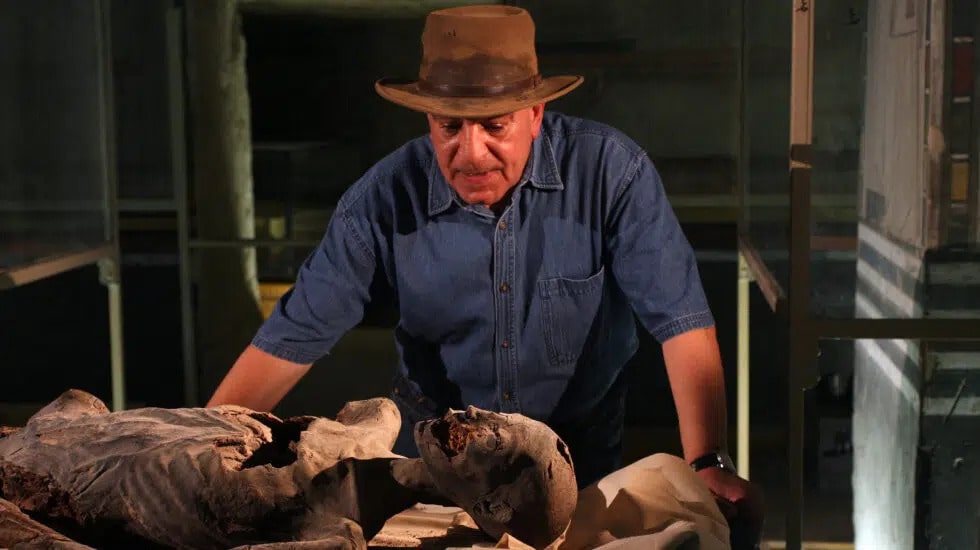
According to some studies, Queen Nefertiti co-reigned with her husband. According to recent research, King Akhenaten ruled alone, and Nefertiti may have ascended to power after his death. There are still far too many mysteries and unanswered questions surrounding this queen’s life in general.
While the mummified remains of multiple pharaohs and important ancient Egyptian figures have been discovered, Nefertiti has yet to be identified.
“I am still looking for two things: [Nefertiti’s] grave and her body,” Hawass said. “I really believe that Nefertiti ruled Egypt for three years after Akhenaten’s death under the name of Smenkhkare.”
“We already have DNA from the 18th dynasty mummies, from Akhenaten to Amenhotep II or III and there are two unnamed mummies labeled KV21a and b,” he said. “In October we will be able to announce the discovery of the mummy of Ankhesenamun, Tutankhamun’s wife, and her mother, Nefertiti. There is also in tomb KV35 the mummy of a 10-year-old boy. If that child is the brother of Tutankhamun and the son of Akhenaten, the problem posed by Nefertiti will be solved.”
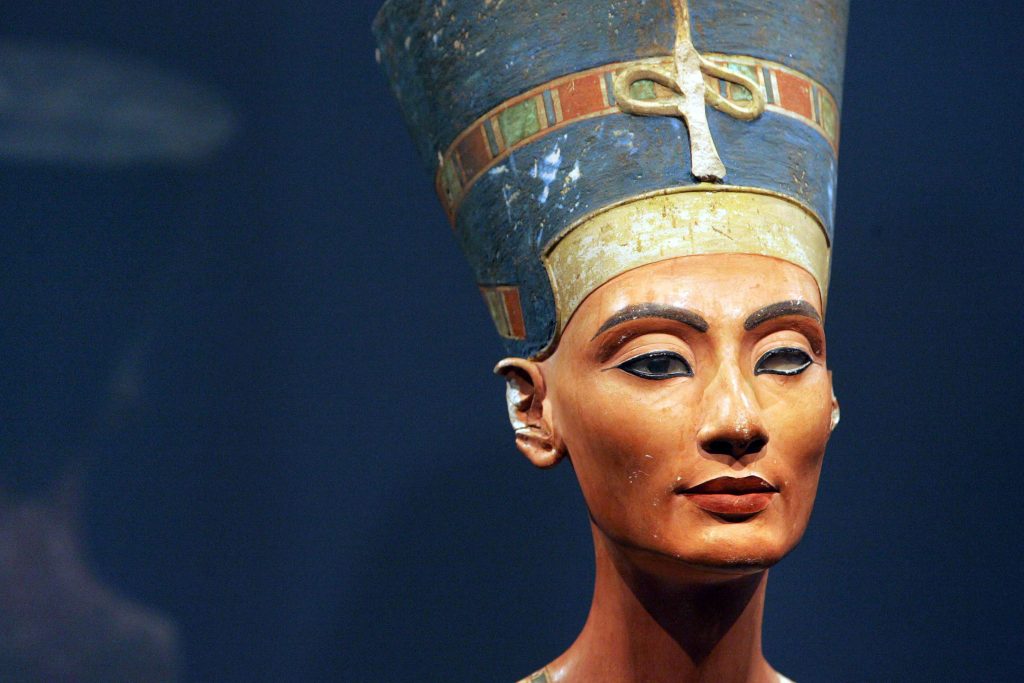
“I am sure that I will reveal which of the two unnamed mummies could be Nefertiti,” Hawass added.
Despite being the subject of intense curiosity and investigation for more than a century, it is believed that there are still a staggering number of undiscovered mummies and treasures from Ancient Egypt.
“We have barely found 30 percent of everything that is underground. A few days ago a mission found tombs inside several houses in Alexandria,” Hawass said. “Modern Egypt is built on the Ancient. And that is why the heritage that remains hidden is immense.”
However, Hawass also pointed out that the main threat to the protection of Egyptian heritage is climate change. “There must be a center to control climate change and tourism,” he said.

